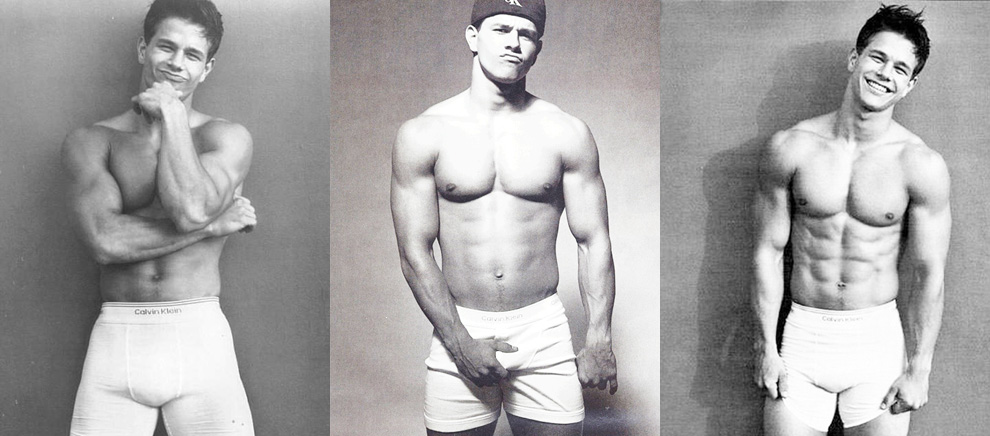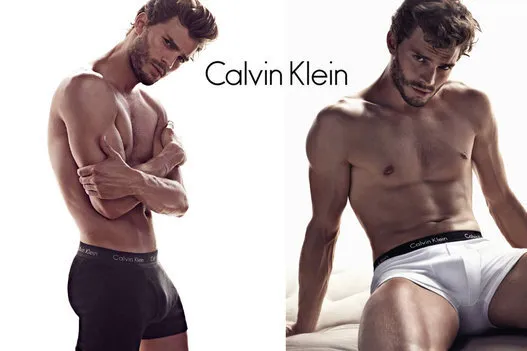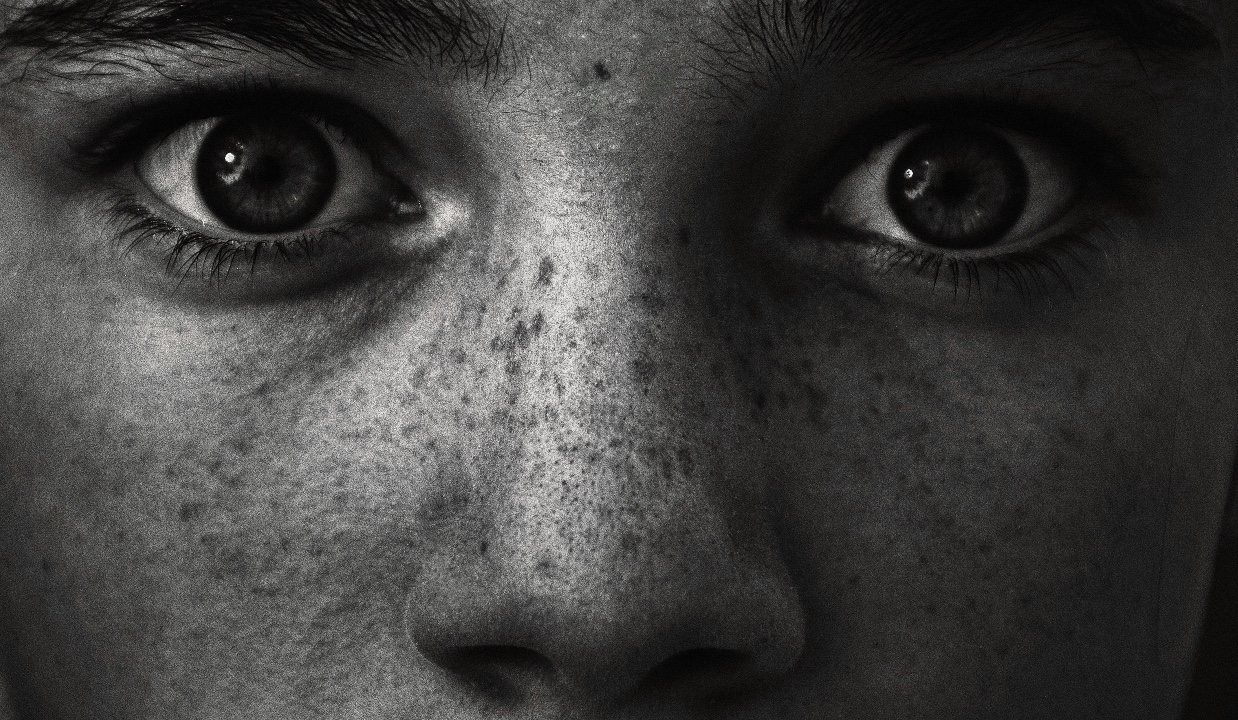The Calvin Klein ad furore – a different perspective
“I do not see the ‘stereotypical sexual object’ that they have labelled me. I see a beautiful strong woman of colour whose incredible body has overcome more pain than you can imagine.”
This was FK twig’s response to her Calvin Klein ad being banned last month for “objectifying women”.
She went on to say: “In light of reviewing other campaigns past and current of this nature, I can’t help but feel there are some double standards here.”
And we agree wholeheartedly. The Jeremy Allen White ads released at the same time were met with a barrage of lustful compliments with people citing it as the best day of their life and how the photos were ‘National Monument’ worthy. But you could argue these ads were just as objectifying and highly sexualised while also focusing more on his body than on the underwear, the exact same complaint levied at the ad featuring FK twigs.
But maybe the real issue here is the whole reason the ad was banned was because 2, yes, just 2 people lodged a complaint. But should it just be the responsibility of the Advertising Standards Authority (ASA) to make the final decision? We’re not so sure.
What is objectification?
According to the OED objectification is the “dehumanizing reduction of a person (or in representation, a depiction of a person) to the status of a thing, an anonymous body, or a fetishized body part.”
Ironically, that’s the last thing FK twigs felt about the ad. In fact, she worked closely with Calvin Klein on the campaign and had a say in how she came across. Unsurprisingly, the end result is very much in line with her own personal brand, which is that of a strong, powerful woman who is incredibly proud of her own physicality.
However, this viewpoint is in stark contrast with how Kate Moss felt about her experience working with Calvin Klein back in the 1990s. A mere teenager at the time, she felt Calvin Klein played on her vulnerability and in later years admitted she did indeed feel objectified.
So, that begs the question – should the opinion of the person being supposedly objectified be taken into consideration? After all, if the person in the ad is happy with the end result and how they are being portrayed, surely that should count for something?
Or is what they think irrelevant because the real issue is that an ad such as the Calvin Klein one is an open invitation for objectification, and therefore has turned that person into a mere object to be lusted over.
But if that is the case why wasn’t the James Allen White ad also immediately banned? Which highlights a slightly different issue – the one of double standards.
Double standards are the name of the game
Take a look at this ad from Dusk, the homeware store.
Can you honestly say, if this had been a scantily dressed woman a man was planning to pay for, that there wouldn’t have been complaints? Or what about these ads from Kraft Dressings?
A woman having her top ripped off by a salad spinner, a woman in a wet t-shirt. Do you really think these wouldn’t have been accused of sexual objectification if it was a woman involved?
We’ve spoken before about the blatant sexism that existed in ads in the past, and it’s definitely a step in the right direction when women aren’t being portrayed as mere sex objects and ads that do cross the line are called out. For example, this ad from Missguided was banned in 2019 for showing women as sexual objects, despite the brand saying it was merely showing ‘empowering, confident young women’.
But what about men? In an age, which purports to be all about equality, shouldn’t they also be extended the same courtesy?
Admittedly, this ad for Peloton with Christopher Meloni is humorous and tongue-in-cheek, but it doesn’t change the fact it features a naked man and garnered lots of hot under the collar comments.
And as for the various Calvin Klein ads over the years – they are the epitome of the old adage ‘sex sells’, but can you really say these ads of Marky Mark and Jamie Dornan aren’t just about turning them into sexual objects?


On the plus side, at least you can’t accuse Calvin Klein of double standards!
Is the system flawed?
FK twigs was proud of her Calvin Klein ad. But 2 people hated it. 1 person complained about the Missguided ad which was subsequently banned. The Jeremy Allen White ad has now received 3 complaints. Time will tell how that is handled by the ASA, but it does raise the question of whether it only received complaints following FK twigs’s own outrage about the obvious double standards in play.
But the more concerning issue is the fact the ASA must investigate even if they only receive one complaint. Obviously, the ASA’s job is to help people trust advertising, so they are between a bit of a rock and a hard place, but even so. One complaint is nothing as the reality is you are never going to please everyone all of the time. But then how many complaints is enough? 10, 50, 100?
And should the outcome from an ASA investigation really just be down to them? Many would argue the ad featuring FK twigs is a stunning piece of art. She definitely thought it was, so shouldn’t they have taken into account her own views or at least allowed her to express her opinion before a final decision was made? And let’s face it, what one person will feel is objectifying will be completely different from someone else, so where do you draw the line?
And given the ASA are responsible for proactively monitoring ads to ensure standards are maintained, should the Jeremy Allen White ads have been investigated before the complaints came rolling in?
The ASA undoubtedly do a fantastic job and play an important role in ensuring advertising is responsible, but we can’t help feeling the furore over the Calvin Klein ads highlights a few flaws in the system. We don’t know what the answer is, but one thing is for sure – it hasn’t done Calvin Klein any harm!
